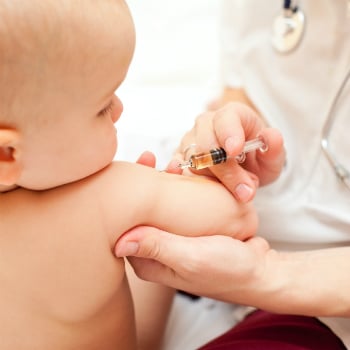
Mumps: What you should know
5 June 2007
What is it?
Mumps is a viral infection of the salivary glands. It is mostly a childhood disease affecting children between five and nine years old, but the mumps virus can also infect adults.
What are the symptoms?
A third of children that are infected don’t even have symptoms. If they do, symptoms appear between the 14th and 21st day after being infected.
- Swelling in the salivary glands.
- Fever
- Headaches
- Muscle ache
- Aching when swallowing and eating
- Tiredness
- Sensitive and swollen testicles
How do you treat Mumps?
There is no treatment for the virus. It is prevented by vaccination.
Normally, if your child had had two doses of the MMR vaccine or has already had Mumps he is immune to the virus. If a member of your family is infected, make sure the other members have the two MMR vaccines.
How does it spread?
Mumps can be transmitted like a cold. If you inhale the infected person’s saliva particles when they cough or sneeze, if you share the same glass, or kiss an infected person or if you are in contact with an infected surface. Make sure to wash your hands often.
According to the Public Health Agency of Canada, an infected person has to be isolated at least nine days after the first symptoms appear. If you think your child has contracted Mumps, avoid contact with other children and see a doctor.
Are there any complications?
Complications from Mumps are very rare. Meningitis (inflammation of the brain and spinal cord), orchitis (swelling of the testicles), oophoritis (swelling of the ovaries), pancreatitits, or hearing loss can occur. Infection in women in the first trimester of pregnancy can result in spontaneous abortion.
Sources: Public Health Agency of Canada and The World Health Organization
